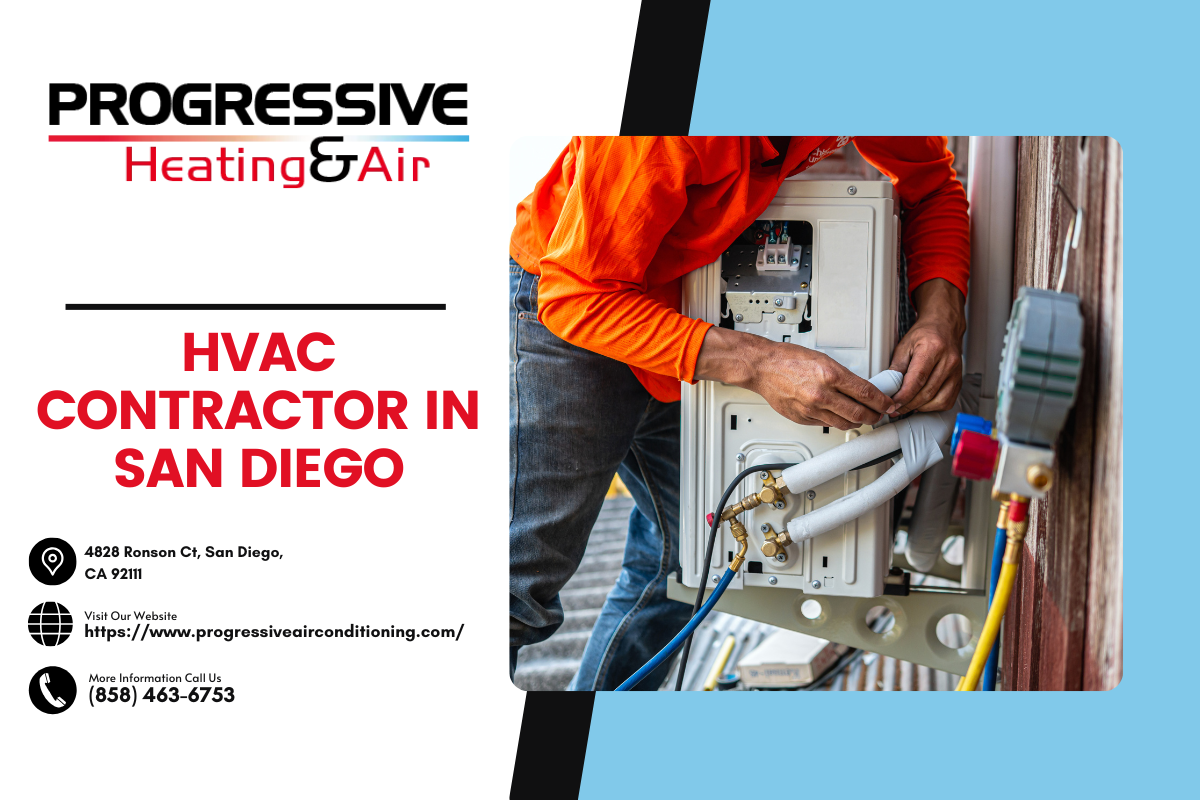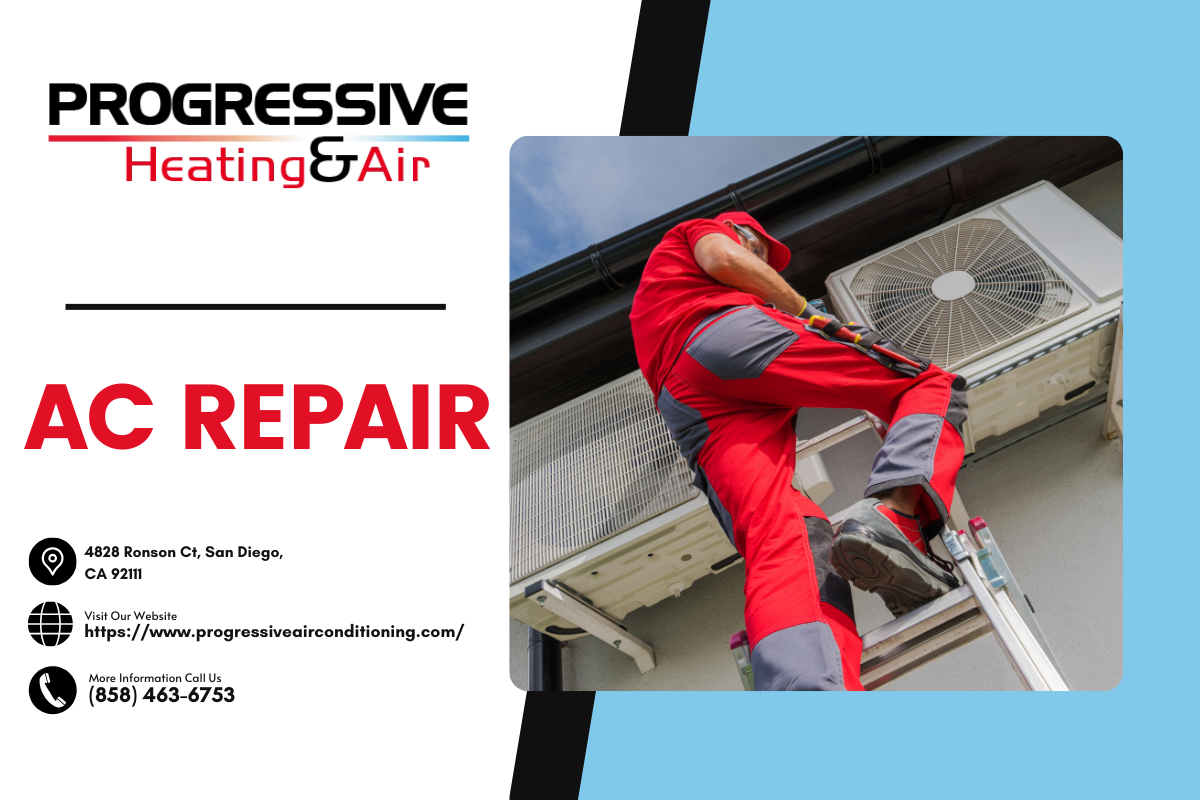

Introduction
As we stride into a future where environmental sustainability and energy efficiency are paramount, the heating, ventilation, and air conditioning (HVAC) industry stands on the brink of revolutionary change. The Future of Heating and Cooling: Innovations in HVAC Technology is not merely a trend but a necessity as we face global warming challenges and the increasing demand for comfortable living spaces. With cutting-edge advancements emerging every day, this article delves into various aspects of future HVAC technologies, examining their impacts on homes and businesses alike.
The Future of Heating and Cooling: Innovations in HVAC Technology
The heating and cooling systems we’ve relied on for decades are evolving at a rapid pace. From smart thermostats to energy-efficient designs, the innovations sweeping through the HVAC industry promise not only improved comfort but also significant savings on energy bills. In this section, we’ll explore some of these groundbreaking developments that are shaping the future of HVAC services.
Smart Thermostats: A Game Changer in HVAC
What Are Smart Thermostats?
Smart thermostats are innovative devices that enable homeowners to control their heating and cooling systems remotely via smartphones or other internet-connected devices. These gadgets learn your preferences over time and adjust accordingly, optimizing energy usage without sacrificing comfort.
Benefits of Smart Thermostats
- Energy Efficiency: By learning your habits, smart thermostats can significantly reduce your energy consumption. Remote Control: You can adjust your home’s temperature from anywhere. Integration with Smart Home Systems: They often work seamlessly with other smart home devices.
Geothermal Heating Systems: Harnessing the Earth’s Energy
What Is Geothermal Heating?
Geothermal heating systems utilize the earth’s stable underground temperatures to heat or cool homes efficiently. This sustainable option taps into renewable energy sources by circulating water through underground pipes.
Advantages of Geothermal Systems
- Cost-Effective: Although installation costs can be high, long-term savings on utility bills make them worth it. Environmentally Friendly: They produce minimal greenhouse gas emissions compared to traditional systems. Longevity: With proper maintenance, geothermal systems can last for decades.
Ductless Mini-Split Systems: Flexibility Meets Efficiency
How Do Ductless Mini-Split Systems Work?
Ductless mini-split systems consist of an outdoor compressor unit connected to one or more indoor air handling units. This setup allows for easy temperature control in individual rooms without the need for ductwork.
Key Benefits of Ductless Systems
- Energy Savings: They are more efficient than traditional systems because they avoid duct losses. Zoned Heating/Cooling: You can heat or cool specific areas based on occupancy. Easy Installation: Ductless systems require less invasive installation compared to traditional HVAC systems.
Variable Refrigerant Flow (VRF) Systems: The Next Level of Comfort Control
Understanding VRF Technology
Variable Refrigerant Flow technology provides precise control over temperature by adjusting the amount of refrigerant flowing to each indoor unit based on demand. This flexibility makes VRF systems ideal for commercial applications yet increasingly popular in residential settings.
Benefits of VRF Systems
- Enhanced Comfort: Individual temperature control eliminates hot or cold spots. Energy Efficient: Adjusts operation based on real-time needs. Space Saving: Requires less space than conventional HVAC systems.
Solar-Powered HVAC Solutions: Harnessing Renewable Energy
What Are Solar-Powered HVAC Solutions?
Solar-powered HVAC solutions harness solar energy to provide heating and cooling, significantly reducing reliance on fossil fuels. These systems often integrate solar panels with traditional HVAC equipment to create hybrid models.
Advantages of Solar-Powered Solutions
- Reduced Energy Costs: After initial investments, solar power can lead to substantial savings. Environmental Impact: Using renewable resources minimizes carbon footprints. Incentives and Rebates: Many governments offer financial incentives for installing solar technologies.
Air Purification Technologies in Modern HVAC Systems
Importance of Air Quality Management
With growing awareness about indoor air quality (IAQ), modern HVAC technologies now incorporate advanced air purification methods such as HEPA filters and UV-C light sanitation to ensure healthier living environments.
Benefits of Enhanced Air Purification in HVAC Systems
Improved Health: Reduces allergens, bacteria, and viruses circulating within homes. Odor Removal: Effectively eliminates unwanted odors from pets, cooking, or smoke.Integration with Home Automation Systems
What Is Home Automation Integration?
Home automation refers to using technology that allows you to control various household functions remotely—lighting, security cameras, appliances—and now even your HVAC system!
Benefits:
Seamlessly adjusting temperatures according to schedules or occupancy patterns enhances comfort while saving money! Monitoring performance through mobile apps gives homeowners peace-of-mind knowing there aren’t any issues looming unnoticed!New Refrigerants for Sustainable Cooling
Understanding Refrigerants
Refrigerants play critical roles in both heating & cooling processes; however older types contribute heavily towards ozone depletion & global warming!
Innovative Alternatives:
Hydrofluoroolefins (HFOs): A new generation that contributes significantly lower impact climate-wise! Natural Refrigerants like Ammonia & Carbon Dioxide which have minimal environmental consequences!FAQ Section
1. What should I consider when choosing an HVAC company near me?
When selecting an HVAC company near you, consider their licensing status, customer reviews, range of services offered including emergency repairs or maintenance contracts as well as warranties available!
2. How often should I service my HVAC system?
Typically servicing should occur biannually; once before summer heat arrives & again prior winter months ensuring optimal functionality throughout seasonal changes!
3. What makes licensed hvac contractors different?
Licensed hvac contractors have undergone rigorous training & adhere strictly compliance regulations ensuring safe installations/upgrades providing confidence customers when trusting them with equipment repairs/replacements!
4. Can I install a new system myself?
While some homeowners may attempt DIY installations—without professional guidance risks improper setups leading costly repairs/failures down line! Hiring trusted hvac contractors guarantees proper installation thus maximizing efficiency longevity!
5. How do I know if my system needs replacing?
Signs include continuous breakdowns requiring frequent repairs inefficient performance rising energy costs noticeable noises; if experiencing multiple these issues consider consulting experienced professionals evaluating replacement options!
6. What's the average lifespan of an HVAC system?
Most standard residential AC units last approximately 12–15 years depending usage frequency maintenance practices! Regular check-ups extend longevity significantly allowing greater return investment whilst enhancing comfort levels too!
Conclusion
The Future of Heating and Cooling: Innovations in HVAC Technology presents exciting https://telegra.ph/Local-Insights-Why-Choosing-Nearby-Contractors-is-Beneficial-08-15 possibilities for homeowners seeking enhanced comfort while minimizing environmental impacts associated with traditional methods! As advancements continue reshaping industry standards embracing cutting-edge solutions will undoubtedly benefit both consumers' wallets as well health well-being! Through careful evaluation selecting reliable licensed hvac companies ensures optimal results maximizing investment value ultimately enjoying seasons ahead worry-free!